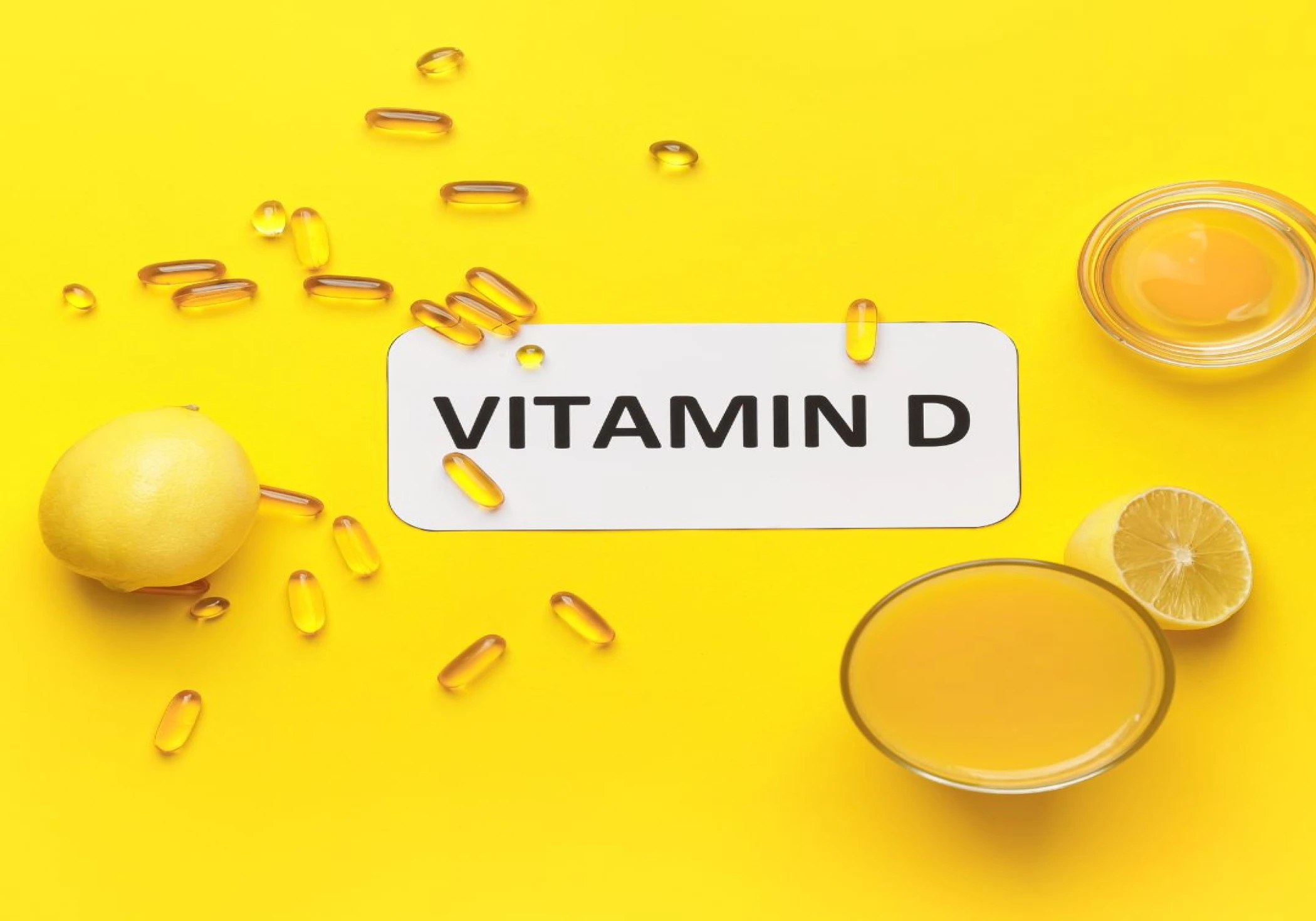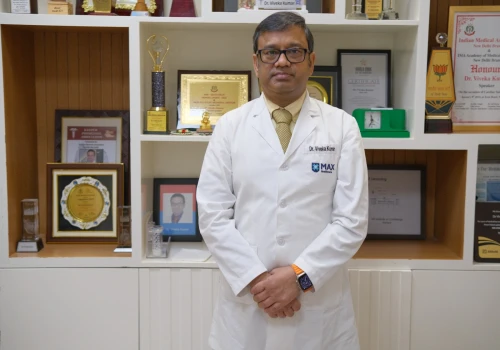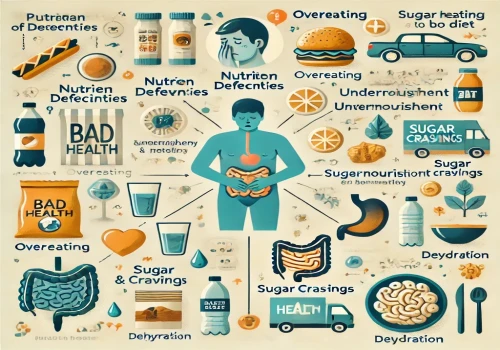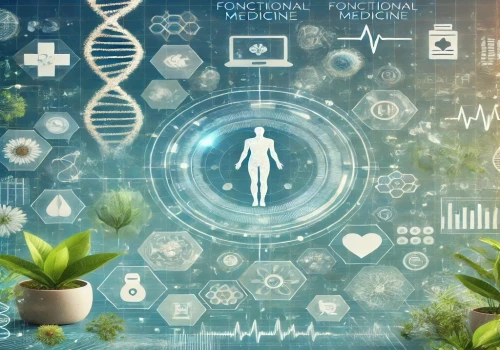
Oh no, don't go out in the sun, you will become black, SunBurn as a concert is ok but not as an experience on my body. If you are also one of those who shy away from going out in the sun, then you go out by applying a lot of creams with high SPF. And are you also the one whose injuries are not healing quickly, do you do a little work and feel tired, experiencing frequent pain in bones and joints.
You are most likely vitamin D deficient. Whenever it comes to Vitamin D, we often understand that it is available for free from the sun. A by default nutrition that the body will grasp.
Generally, we have this attitude towards all vitamins that we will make up for their deficiency with our food and drink and vitamin D is available automatically, thus it's quite ignored.
So let's first understand what Vitamin D is?
Vitamin D is not a single chemical but a compound. Its natural form is produced in the skin from a universally present form of cholesterol, 7-dehydrocholesterol. There are two types of Vitamin D in which the first is Vitamin D2 (Agro calciferol) and the second is Vitamin D3 (Cholecalciferol). Vitamin D2 is not produced in the human body, it is obtained from plants. Plants produce vitamin D2 in the presence of ultraviolet rays from the sun. Ultraviolet B (UVB) from the sun converts the precursor to vitamin D3 which is produced in the human body. This vitamin is produced by humans in response to sunlight. Vitamin D3 can be obtained from the consumption of fish and other food items.
Most dietary supplements are manufactured by exposing plant sterols to ultraviolet energy, thus producing vitamin D2. Because their functions are almost identical, D2 and D3 are lumped together under the name vitamin D. It may be surprising considering that many regions in our country receive ample sunlight year-round, so how does Vitamin D deficiency happen in India?
The reasons behind vitamin D deficiency include a lack of exposure to sunlight due to indoor activities. Whether it's any walk of life, the prevalence of this deficiency is high because people spend long hours in air-conditioned offices and confined indoor spaces, depriving their bodies of an adequate supply of vitamin D. This insufficiency can lead to various symptoms, or sometimes no symptoms at all. Nonetheless, there are common indications that may suggest low levels of vitamin D as you might experience persistent lack of energy, a constant worn out feel, pain in lower back or joints, not only the bones but muscles weakness can also be indicative towards lack of Vitamin D. Another symptom is delay in wound healing which can be found in diabetics mainly but it may also be indicating towards of vitamin D deficiency. Vitamin D plays a role in different brain functions, so if you don't have enough of it, you may experience mood swings or depression faster.
By the way, when the matter of depression has come, then before proceeding further, there should be a joke related to Vitamin D, then let's discuss how to deal with this situation.
What do you call a vitamin that likes to dance? Vitamin D-isco!
Ha ha ha !
To meet the deficiency of Vitamin D, you need to make certain changes in your lifestyle and diet. To meet the deficiency of Vitamin D in the body, you can include the following food items in your diet.
Basking in the sun
This is not a typical sense of diet but yes as discussed very well that sunlight is the best and natural source of Vitamin D. You can get enough vitamin D from the sun by exposing your face and arms for 20 minutes, two or three times a week. But be careful, too much sun can also burn your skin, so don't stay out for too long.
Egg yolk
Nutrients are found in abundance in eggs. Vitamin D is present in the egg yolk. If you want to meet the deficiency of Vitamin D, then consuming eggs can be beneficial for you.
Fish
If you are one of the non-veg eaters then certain types of fish can be beneficial for you. Vitamin D is found in abundance in herring, tuna, mackerel and salmon. You can include these fish in your diet.
Cow's milk
Cow's milk is the best source of Vitamin D and calcium. To meet the deficiency of Vitamin D, you can drink a glass of cow's milk daily. This will be of great benefit.
Curd
Yogurt is also a great source of Vitamin D. Along with providing you with Vitamin D, it also keeps your body cool. Curd is beneficial for the stomach in the summer season.
Apart from all this, you can include the following things in the diet of Vitamin D:-
Meat, Orange, Cereal, Oats, Mushroom
With the help of all these, you can easily meet the deficiency of Vitamin D in your body. But keep in mind that before consuming anything, you must consult a doctor once. It is necessary to change your lifestyle to avoid vitamin D deficiency. We should all be taking 60 -1000 IU of Vitamin D each day. This keeps our body healthy and there is no deficiency of Vitamin D.
Treatment of vitamin D deficiency depends on its symptoms. After diagnosis, it is known what the level of Vitamin D in a person's body is. It is detected by a blood test to find out at what level it is deficient. After that it is controlled by taking medicine according to the doctor's advice.
Master Advice -
Vitamin D and Sunscreen -
Using sunscreen lotions can block the sun and reduce vitamin D production. Sunscreen products with high SPF (15 or more) can increase the risk of vitamin D deficiency. But you should not stop using sunscreen completely, because you still need to protect your skin from the harmful effects of the sun's rays, especially around noon.
Putting on a thick layer of sunscreen can prevent sunlight from reaching the skin and stop it from making vitamin D. So apply the sunscreen in limited amount.Most people don't need to worry about their vitamin D levels, but those who take strict measures to protect themselves from the sun – such as wearing sun-protective clothes and hats, staying in the shade, and applying thick layer of sunscreen – are more likely to have low vitamin D.
Who is more at risk of Vitamin D deficiency?
- People who have undergone bypass surgery are at higher risk.
- Children below 5 years of age are more at risk.
- People with darker skin pigmentation
- People suffering from obesity are more at risk.
- People who smoke are more at risk.
- TB patients are at risk.
- Cancer patients.
- Elderly one.
There are many vitamin D supplements available in the market. Vitamin D supplements can range from chewable, gummy tablets or capsules to oil drops which have vitamin D3 in an oil, such as olive oil or coconut oil. They are easy to use and you can mix them with food or drinks.
You may start feeling better in 4-6 weeks if you take vitamin D supplements regularly. It can vary depending on how much vitamin D you have in your body but before taking the supplements any dietary changes, you must consult a doctor. Most people start taking vitamin supplements without even consulting a doctor. Vitamins are essential for the body but only when they are provided in a certain quantity. When the required dose of certain vitamins is exceeded in the body, it is either excreted from the body or leads to toxicity.




 (2)_500_x_350.webp)





